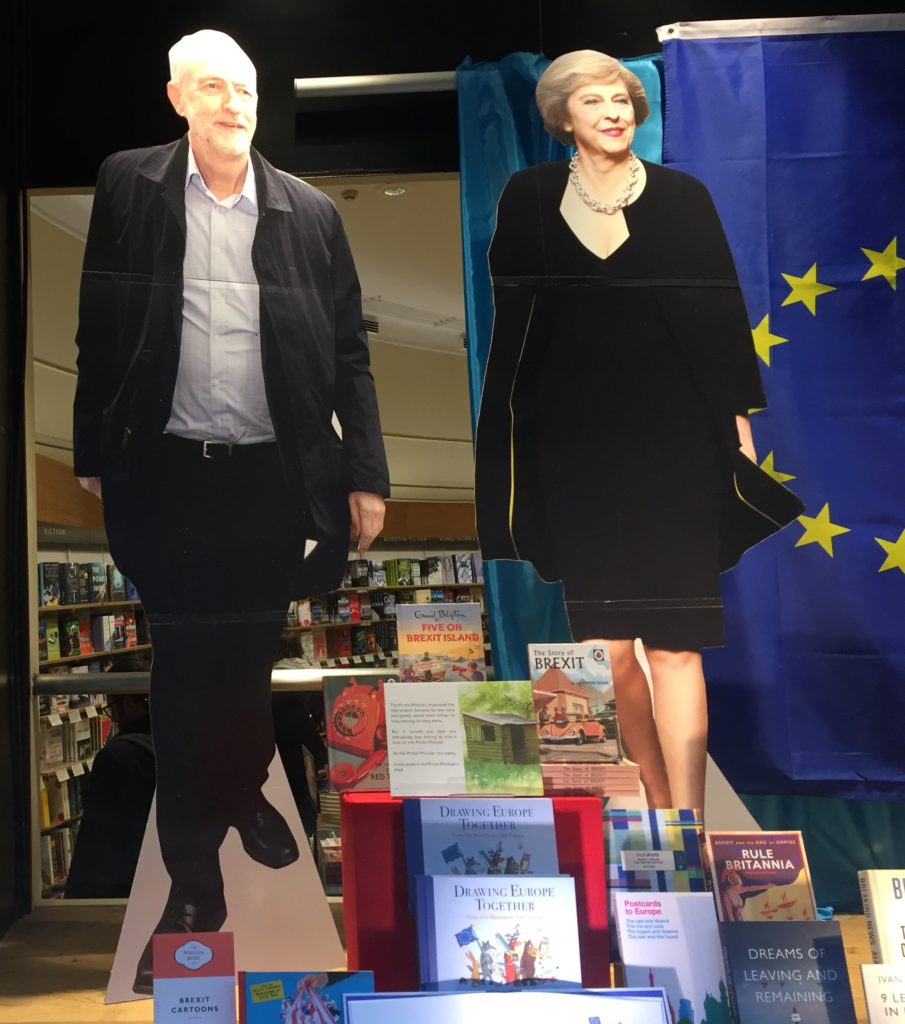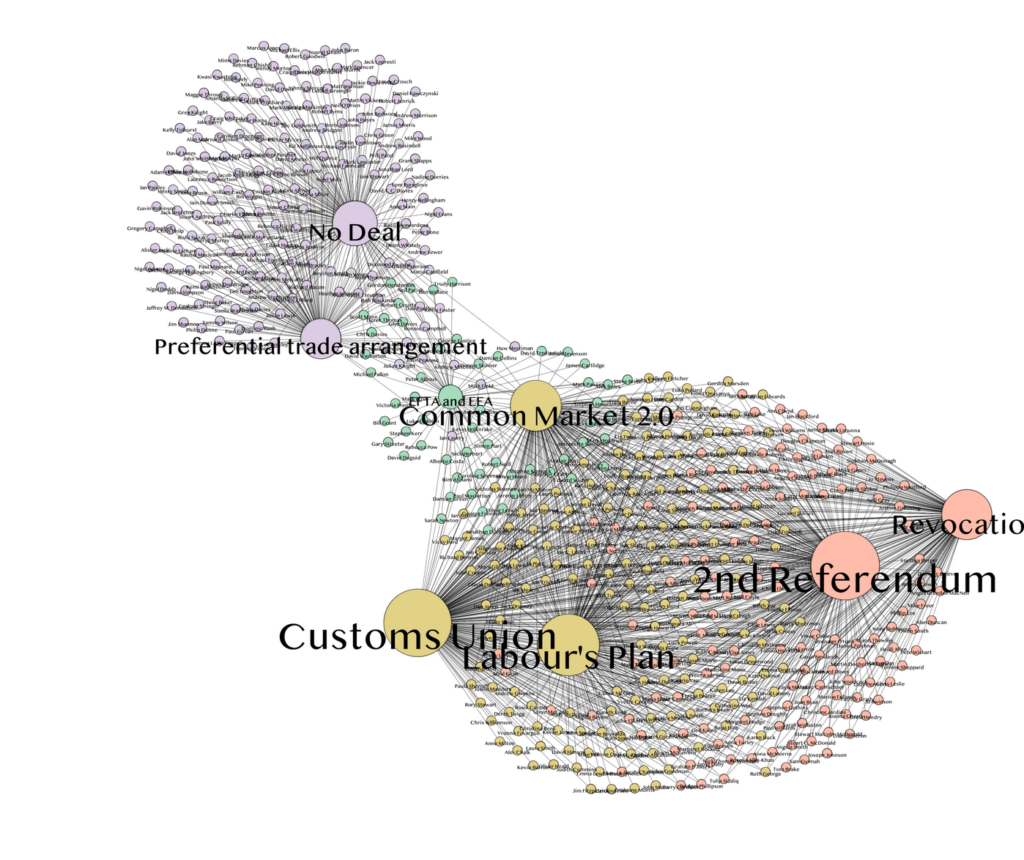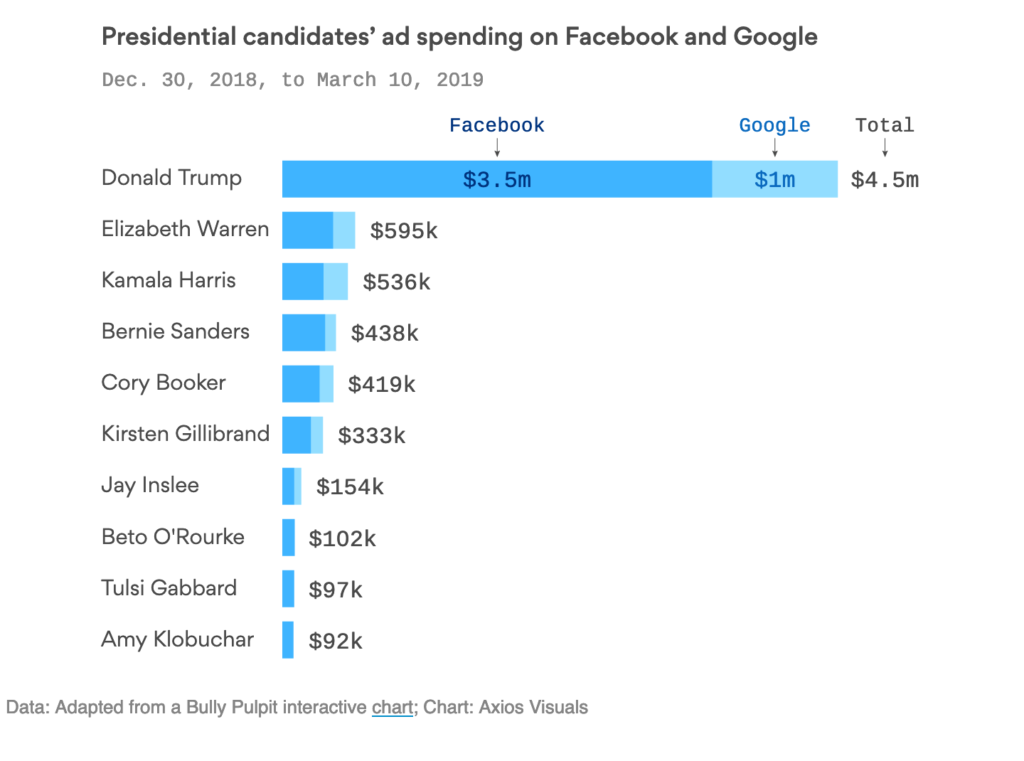Interesting essay by the economist Kenneth Rogoff. Commenting on the fierce pushback against Senator Elizabeth Warren for daring to suggest that even if many services seem to be provided for free, there might still be something wrong, he writes:
There was the same kind of pushback from the financial sector fifteen years ago, and from the railroads back in the late 1800s. Writing in the March 1881 issue of The Atlantic, the progressive activist Henry Demarest Lloyd warned that,“Our treatment of ‘the railroad problem’ will show the quality and caliber of our political sense. It will go far in foreshadowing the future lines of our social and political growth. It may indicate whether the American democracy, like all the democratic experiments which have preceded it, is to become extinct because the people had not wit enough or virtue enough to make the common good supreme.”Lloyd’s words still ring true today.
At this point, ideas for regulating Big Tech are just sketches, and of course more serious analysis is warranted. An open, informed discussion that is not squelched by lobbying dollars is a national imperative. The debate that Warren has joined is not about whether to establish socialism. It is about making capitalist competition fairer and, ultimately, stronger.
Yep.




